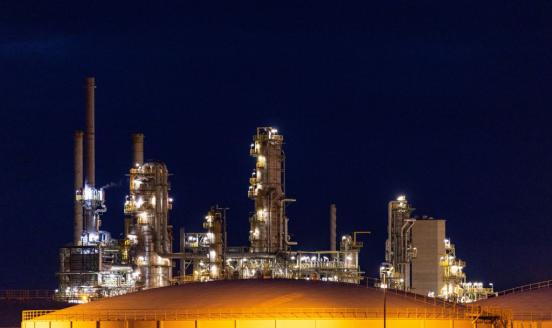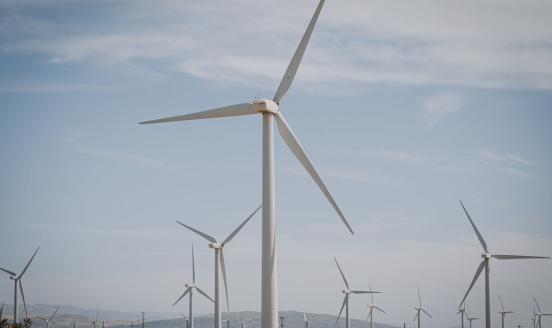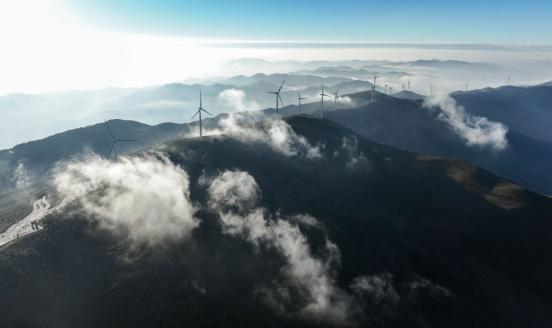- Date and time
- 17 November 2010 01:00
- Theme
- Green economy
- Language
- English
Related content

European natural gas imports
This dataset aggregates daily data on European natural gas import flows and storage levels.
Georg Zachmann,
Ben McWilliams,
Ugnė Keliauskaitė and
Giovanni Sgaravatti

European natural gas demand tracker
Ben McWilliams and
Georg Zachmann

Green Industrial Policy in Europe: Past, Present, and Prospects
Cecilia Trasi,
Simone Tagliapietra and
Reinhilde Veugelers

Sustainable Transitions: unraveling the complex threads of global economic and personal change
How does the shift to a sustainable economy impact individuals, considering aspects like career changes, health, housing, and life satisfaction?